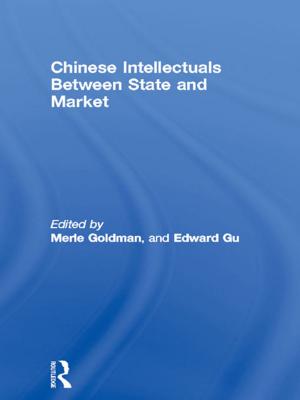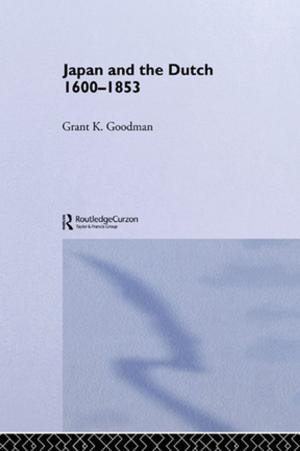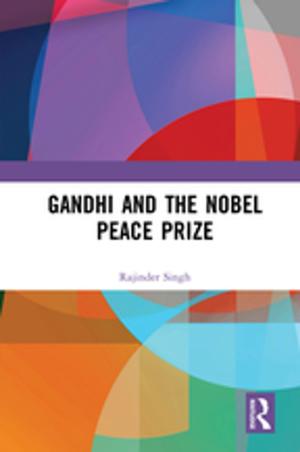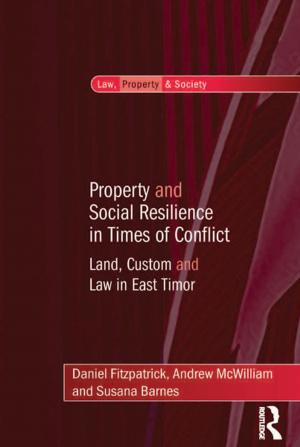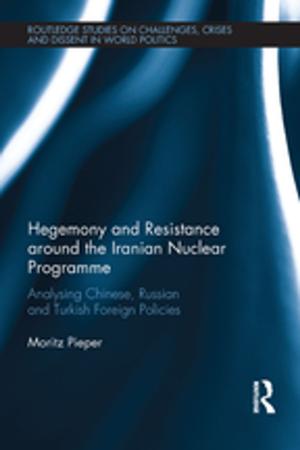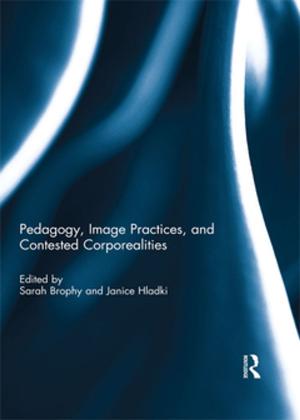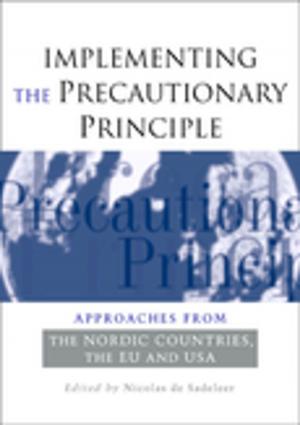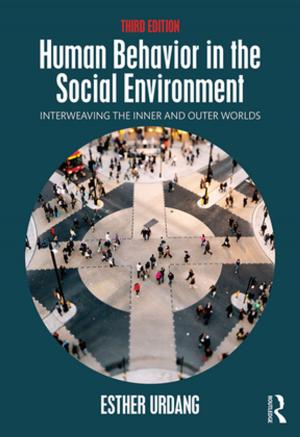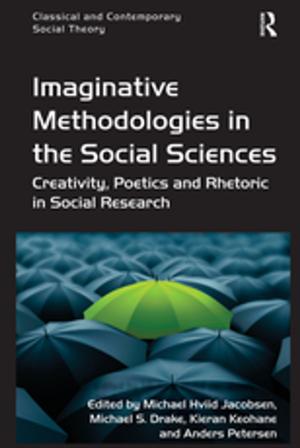International Migration and Citizenship Today
Nonfiction, Social & Cultural Studies, Political Science, International, International Relations| Author: | Niklaus Steiner | ISBN: | 9781135979249 |
| Publisher: | Taylor and Francis | Publication: | September 10, 2009 |
| Imprint: | Routledge | Language: | English |
| Author: | Niklaus Steiner |
| ISBN: | 9781135979249 |
| Publisher: | Taylor and Francis |
| Publication: | September 10, 2009 |
| Imprint: | Routledge |
| Language: | English |
International migration has emerged in the last decade as one of the world’s most controversial and pressing issues. This thought-provoking textbook offers the reader a more nuanced and knowledgeable understanding of the complex economic, political, cultural, and moral concerns that arise when people move across borders seeking admission into other countries.
Splitting the text into five broad sections, Steiner facilitates easy navigation of the complex discussions that surround the issue of migration:
-
Section One – Introduction: examines how the central questions that frame the book will be addressed, including: what criteria should be used to admit migrants? and How should a country grant citizenship?
-
Section Two – Immigrants: discusses the criteria for accepting immigrants, dealing with the unwanted, and assessing the economic, cultural and political impacts.
-
Section Three – Refugees: evaluates the methods used to protect refugees, the controversies surrounding asylum and the shortcomings of current refugee definitions.
-
Section Four – Citizenship: charts the rise of nationalism, presents modern issues of minority rights and diversity, and examines processes of naturalization across the globe.
-
Section Five – Conclusion: considers more unconventional approaches to migration and citizenship, and suggests moving towards a more holistic approach.
Carefully constructed to spark discussion and student reflection and featuring suggested resources at the end of each section, this book offers dozens of contemporary examples and case studies from across the globe. International Migration and Citizenship Today is essential reading for not only students of migration and citizenship, but also globalization, international relations, and democracies.
International migration has emerged in the last decade as one of the world’s most controversial and pressing issues. This thought-provoking textbook offers the reader a more nuanced and knowledgeable understanding of the complex economic, political, cultural, and moral concerns that arise when people move across borders seeking admission into other countries.
Splitting the text into five broad sections, Steiner facilitates easy navigation of the complex discussions that surround the issue of migration:
-
Section One – Introduction: examines how the central questions that frame the book will be addressed, including: what criteria should be used to admit migrants? and How should a country grant citizenship?
-
Section Two – Immigrants: discusses the criteria for accepting immigrants, dealing with the unwanted, and assessing the economic, cultural and political impacts.
-
Section Three – Refugees: evaluates the methods used to protect refugees, the controversies surrounding asylum and the shortcomings of current refugee definitions.
-
Section Four – Citizenship: charts the rise of nationalism, presents modern issues of minority rights and diversity, and examines processes of naturalization across the globe.
-
Section Five – Conclusion: considers more unconventional approaches to migration and citizenship, and suggests moving towards a more holistic approach.
Carefully constructed to spark discussion and student reflection and featuring suggested resources at the end of each section, this book offers dozens of contemporary examples and case studies from across the globe. International Migration and Citizenship Today is essential reading for not only students of migration and citizenship, but also globalization, international relations, and democracies.

